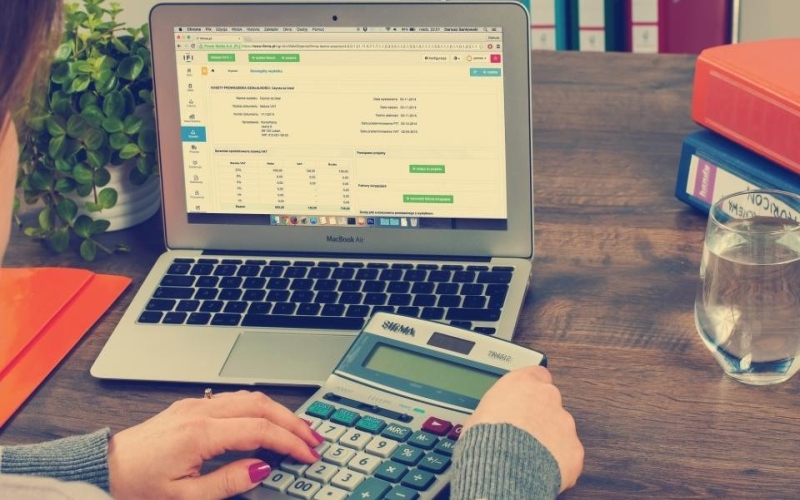Rental Accounting Software: Why You Need to Change the Way You Track Your Finances
Managing the financial aspects of real estate can be a complex task for landlords. From tracking rent payments to managing expenses, having an efficient and reliable system is essential. While traditional spreadsheets have long been a staple for many property owners, the modern landscape demands more sophisticated solutions. Enter rental accounting software—accounting software for landlords aiming to streamline their processes.
The Limitations of Spreadsheets
Many landlords rely on spreadsheets like Google Sheets or Excel due to their accessibility and customization features. Spreadsheets offer a simple layout that lets you visualize and track the financial health of your rental properties. You can create charts, tables, and even design sheets to handle budgets or maintenance schedules.
However, spreadsheets have significant drawbacks. The manual data entry required increases the risk of human error. Miscalculations can lead to inaccurate financial reporting, especially critical during tax preparation. Additionally, spreadsheets don’t provide built-in reporting features, meaning landlords must manually generate crucial financial documents.
Advantages of Using Rental Accounting Software
Rental accounting software stands out as the accounting software for real estate professionals seeking more efficiency and accuracy. Designed specifically for landlords, this software automates many tasks traditionally done manually.
Accuracy and Reliability
By consolidating all financial data in one system, rental accounting software minimizes errors. Transactions across multiple properties are recorded accurately, ensuring you have a precise overview of your financial status.
Advanced Reporting Features
Unlike spreadsheets, rental accounting software offers robust reporting capabilities. Generate profit and loss statements, fixed asset schedules, and even Schedule E forms with minimal effort. This ease of access simplifies tax preparation and financial analysis.
Expense and Income Management
With pre-made expense categories, tracking cash flow becomes streamlined. The software tracks both income and expenditure, offering insights into the financial health of your properties at any time.
Bank and System Integration
Many rental accounting solutions integrate with your bank accounts and property management systems. This seamless integration ensures that transactions are automatically synced, reducing the administrative burden.
Why You Should Make the Switch
While spreadsheets may suffice for landlords managing a small number of units, rental accounting software becomes indispensable as your portfolio grows. Even for first-time landlords, the software’s efficiency in handling finances provides peace of mind.
Choosing the best accounting software for landlords involves assessing your specific needs. If your operations involve numerous tenants and complex transactions, the automation and precision offered by rental accounting software are invaluable. Tasks that once consumed hours can now be automated, freeing your time to focus on growing your business.
Finding the Right Solution
To select the ideal rental accounting software, consider your property management requirements. Evaluate the software’s features, integration capabilities, and cost. Many platforms offer trial periods, allowing you to experience firsthand the benefits of automated reporting and streamlined financial processes.
Conclusion
Switching from spreadsheets to dedicated accounting software for real estate can transform the way you handle your finances. Beyond improving accuracy, it simplifies many aspects of property management—from tax preparation to maintenance tracking. As your business evolves, leveraging technology designed specifically for landlords ensures you stay ahead of the curve. Embrace the change and realize the efficiency and savings that come with automated rental accounting solutions.

